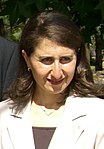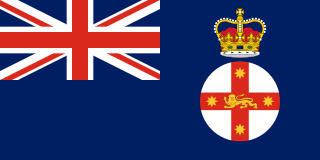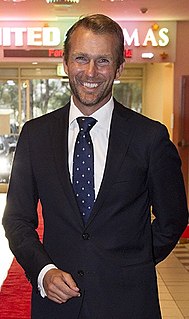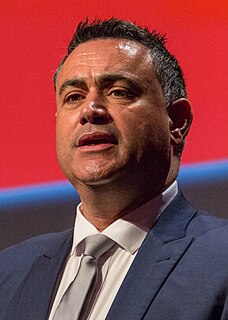| |||||||||||||||||||||||||||||||||||||||||
All 93 seats in the New South Wales Legislative Assembly and 21 (of the 42) seats in the New South Wales Legislative Council 47 Assembly seats are needed for a majority | |||||||||||||||||||||||||||||||||||||||||
|---|---|---|---|---|---|---|---|---|---|---|---|---|---|---|---|---|---|---|---|---|---|---|---|---|---|---|---|---|---|---|---|---|---|---|---|---|---|---|---|---|---|
| Opinion polls | |||||||||||||||||||||||||||||||||||||||||
| |||||||||||||||||||||||||||||||||||||||||
| |||||||||||||||||||||||||||||||||||||||||
The next New South Wales state election is scheduled to be held on Saturday 23 March 2019 to elect the 58th Parliament of New South Wales, including all 93 seats in the New South Wales Legislative Assembly and 21 of the 42 seats in the New South Wales Legislative Council. The eight-year two-term incumbent Liberal/National Coalition government, currently led by Premier Gladys Berejiklian, will attempt to win a third four-year term and will be challenged by the Labor opposition, as well as the Greens. No Coalition Government in the state has won a third term in office since 1971.

The Parliament of New South Wales, located in Parliament House on Macquarie Street, Sydney, is the main legislative body in the Australian state of New South Wales (NSW). It is a bicameral parliament elected by the people of the state in general elections. The parliament shares law making powers with the Australian Federal Parliament. It is Australia's oldest legislature. The New South Wales Parliament follows the Westminster parliamentary traditions of dress, Green–Red chamber colours and protocol.

The New South Wales Legislative Assembly is the lower of the two houses of the Parliament of New South Wales, an Australian state. The upper house is the New South Wales Legislative Council. Both the Assembly and Council sit at Parliament House in the state capital, Sydney. The Assembly is presided over by the Speaker of the Legislative Assembly.

The New South Wales Legislative Council, often referred to as the upper house, is one of the two chambers of the parliament of the Australian state of New South Wales. The other is the Legislative Assembly. Both sit at Parliament House in the state capital, Sydney. It is normal for legislation to be first deliberated on and passed by the Legislative Assembly before being considered by the Legislative Council, which acts in the main as a house of review.
Contents
- Date
- Background
- 2015 election – lower house
- 2015 election – upper house
- By-elections held since 2015 election
- Marginal seat pendulum
- Polling
- Graphical summary
- Polling tables
- Retiring MPs
- Labor
- Liberal
- Nationals
- See also
- References
New South Wales has compulsory voting, with an optional preferential ballot in single-member seats for the lower house and single transferable vote with optional preferential above-the-line voting in the proportionally represented upper house. The election will be conducted by the New South Wales Electoral Commission (NSWEC).

Compulsory voting is an effect of laws which require eligible citizens to register and vote in elections, and may impose penalties on those who fail to do so. As of August 2013, 22 countries provide for compulsory voting, and 11 democracies — about 5% of all United Nations members — enforce it.
Instant-runoff voting (IRV) or Ranked choice voting (RCV) is a type of ranked preferential voting method used in single-seat elections with more than two candidates. Instead of indicating support for only one candidate, voters in IRV elections can rank the candidates in order of preference. Ballots are initially counted for each voter's top choice. If a candidate has more than half of the vote based on first-choices, that candidate wins. If not, then the candidate with the fewest votes is eliminated. The voters who selected the defeated candidate as a first choice then have their votes added to the totals of their next choice. This process continues until a candidate has more than half of the votes. When the field is reduced to two, it has become an "instant runoff" that allows a comparison of the top two candidates head-to-head.
The single transferable vote (STV) is a voting system designed to achieve proportional representation through ranked voting in multi-seat organizations or constituencies. Under STV, an elector (voter) has a single vote that is initially allocated to their most preferred candidate. Votes are totalled and a quota derived. If their candidate achieves quota, he/she is elected and in some STV systems any surplus vote is transferred to other candidates in proportion to the voters' stated preferences. If more candidates than seats remain, the bottom candidate is eliminated with his/her votes being transferred to other candidates as determined by the voters' stated preferences. These elections and eliminations, and vote transfers if applicable, continue until there are only as many candidates as there are unfilled seats. The specific method of transferring votes varies in different systems.




















